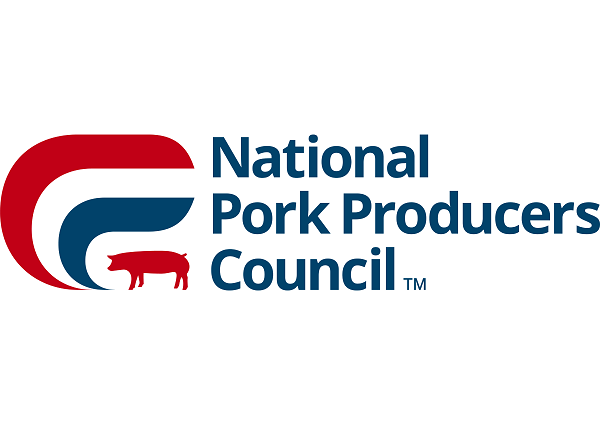
What happened: Canada is raising international trade concerns regarding two U.S. regulations involving changes to voluntary country-of-origin labeling (VCOOL) and California Proposition 12.
In a meeting last month with U.S. Agriculture Secretary Tom Vilsack, Canadian Agriculture Minister Lawrence MacAulay said the U.S. Department of Agriculture’s proposed changes to VCOOL regulations for meat, poultry, and eggs — and California’s Proposition 12, which dictates animal housing practices — could restrict trade and disrupt supply chains.
Last March, the Biden administration proposed a rule that would allow U.S. food companies to voluntarily label meat, poultry, and eggs as “Product of USA” or “Made in the USA” only when they are derived from animals born, raised, slaughtered, and processed in the United States.
In California, voters approved Proposition 12 in 2018. Agricultural groups, including NPPC, challenged it in federal courts up to the U.S. Supreme Court, which upheld the law last May. Proposition 12 bans the sale of pork, eggs, and veal in California that do not meet the state’s arbitrary production standards.
NPPC’s take: Last June, NPPC urged USDA to reconsider the VCOOL rule, arguing the regulation would increase costs for livestock producers, offer little to address consumer confusion about product origins, and strain the diplomatic ties with trading partners, potentially leading to tariff retaliation against U.S. agricultural goods.
On Proposition 12, NPPC is working with Congress to address the problems caused by state regulatory overreach, including significantly raising the cost of pork production.





